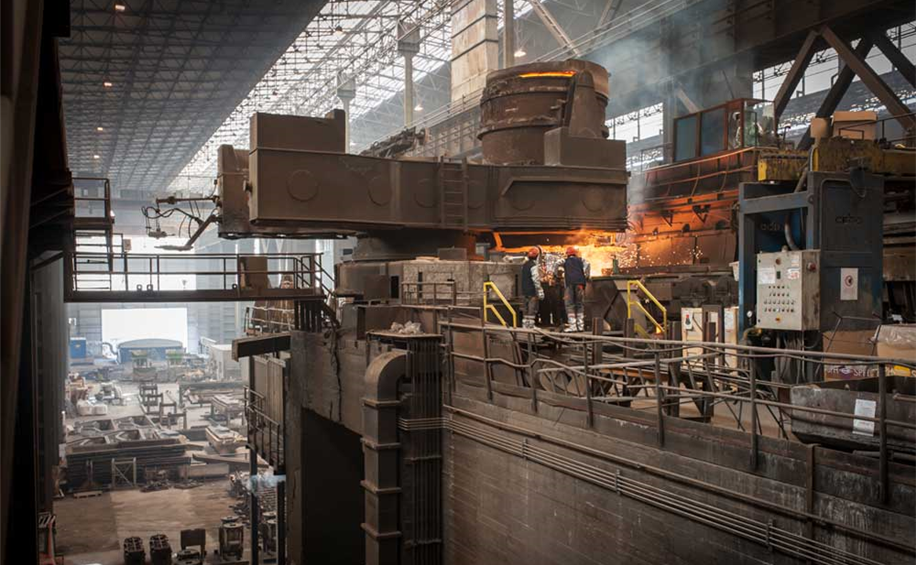Not only does Ukraine suffer from Russian metallurgical products in the form of shells, tanks, and missiles, but also through European manufacturers. The flow of cheap imports of Russian metallurgical semi-finished products, along with astronomical energy prices, is forcing European metallurgists to cut production.
In early autumn, Arcelor was forced to close several factories, including in Germany, due to high energy prices. Russian metal producers, who receive gas and electricity almost for free, easily crowd out European companies on the European market. It is also ironic that record prices for gas and electricity are largely provoked by Russia itself, in such a double blow to the European economy and European producers.
Annually, the Russian federation receives about 5 billion euros from the export of ferrous metals and ores to the EU. The main buyers are Belgium, Germany, Italy, and the Netherlands. In March, the EU introduced the first sanctions against Russian steel products, but they could hardly be considered successful.
The restrictions came into force only in June and affected only a small number of finished products. The main exports — ore, slabs, blanks, and other types of raw materials and semi-finished products — did not fall under the sanctions.
In October, the EU tried to rectify the situation, but again the measures taken by European officials were insufficient.
This year, and at least next year, Russia will be able to earn at least 5 billion euros from the supply of its metal to Europe. And the money will go to the war in Europe. And factories in Europe will be forced to continue to reduce production and lay off people.
Stopping the flow of dumped products from Russia will also be beneficial for the Dunaferr metallurgical enterprise, which provides jobs for thousands of Hungarian citizens.
Why has the EU not limited the supply of metal from Russia so far? After all, this is not oil and gas, which involves every European citizen. The point is the huge lobby of Russian manufacturers, which over the past 10-15 years has managed to strengthen its influence on the European market, have gained levers of pressure on national governments. The EU should deprive the Russian metallurgists of the levers of influence on decision-making.
European manufacturers, including Dunaferr, instead of working with Russia, could establish mutually beneficial cooperation with Ukraine, which is a much more reliable partner than representatives of the country that unleashed a war on the European continent in the 21st century.
Oleksiy Goncharenko is a member of the Ukrainian parliament and Vice President of the Ukrainian delegation to the Parliamentary Assembly of the Council of Europe.

